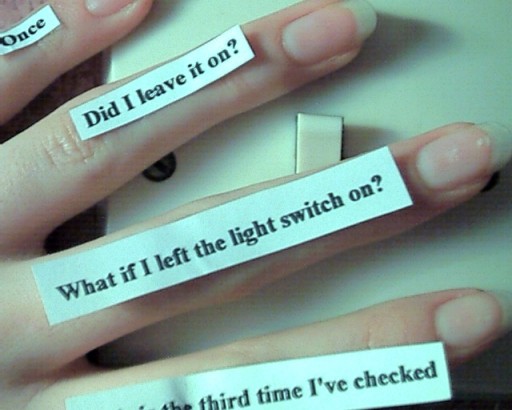OCD generally begins in childhood, teenage, or early adult life. Research about the condition does not yet fully explain why it happens. It is thought that certain environmental factors (which can include things like stress, anxiety, fear, and even depression) play an important part. However, many scientists do not understand what causes OCD.
Most doctors will recommend that you have an OCD test performed. In most cases, an ocd test will help rule out more serious conditions or medical causes. It is often diagnosed when a sufferer first notices that they have some kind of obsessive behavior. It is not something that just happens over time and is only present at certain times of the year.
If your child is showing the symptoms of OCD, you should take them to see a doctor for a blood test. Blood tests are often conducted to help determine if there is a medical cause for their obsessive behavior. Many times this can be used as a referral to a specialist who may be able to diagnose the problem better than a doctor who does not have enough information. Another way to determine if a blood test is necessary is by asking about the procedure. The doctor should be able to tell you if there are risks and/or any possible complications.
Another test that you can do is to ask yourself if you notice that you are feeling unusually tense. When you become tense, you can become irritable. If you notice that you become too tense all of the time, then this could be a symptom of OCD. Having this type of tingling around the neck is one way that OCD manifests itself.
You may be aware of other symptoms that may accompany OCD like extreme worry, inability to sleep, and difficulty concentrating. If you feel these symptoms you may have a problem. One of the best ways to determine if you have the condition is to get an old test done. Many times, a blood test will show that there is no problem. However, if the test results show that you are suffering from obsessive behavior, then you need to seek help as soon as possible.
You should also know that if your child is showing signs of OCD, then he or she may have some kind of phobia. about things that are not as common as they may seem.
Children who suffer from obsessive behavior may have problems with people, objects, places, foods, and other things that they think is bad. evil or wrong

A visit to the doctor is also recommended to see if there are any physical disorders that may be causing the behavior. These types of conditions include: thyroid problems, allergies, liver or kidney disease, tumors, โลหิตจาง, asthma, cancer, and some mental illnesses. Some doctors will also ask you to have an ocd test to make sure that the child does not have another type of illness as well.
If you do go through an old test, you will want to get the results back as quickly as possible. You want to avoid waiting a long time to find out if there is anything else wrong with you or your child. So, it is important that you get your test as soon as possible.
One way to test for OCD is a blood test. It is a good idea to get a blood test even before you suspect that something might be wrong. It is not unusual to get an old test done for children before they reach adulthood. Since childhood is such a time when obsessive behavior can start to manifest itself, it makes sense to test for it when the child is young and not as much time has passed.
If you are concerned that your child may have an obsessive personality disorder, you may want to get an old test. to confirm that the condition exists. Even though this is not as common as adult obsessive behaviors, children are just as susceptible. to it. Children will also have a harder time telling you that they have an obsessive personality disorder than adults, so they tend to hide it from you.
Children are not the only ones who can be tested for OCD. Adults, too, can be tested. People can suffer from obsessive behavior in their adult lives, even though it is not very common. When you start to see an abnormal pattern of behavior, you may want to talk to your doctor. You may be surprised at what you find out about your family history.
